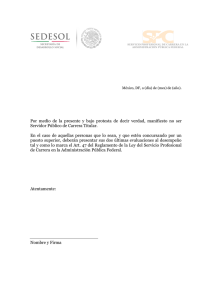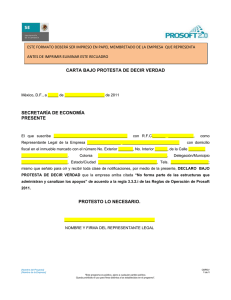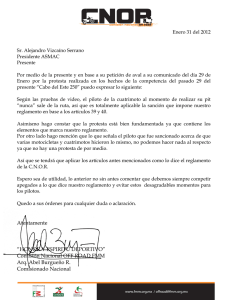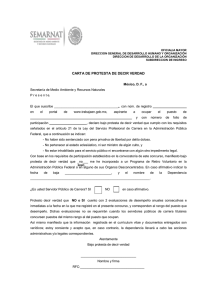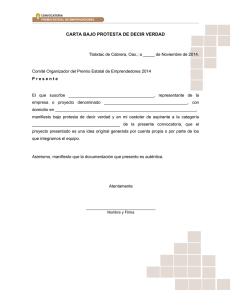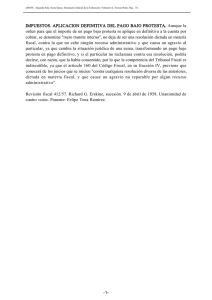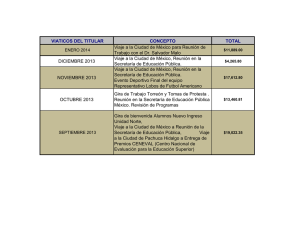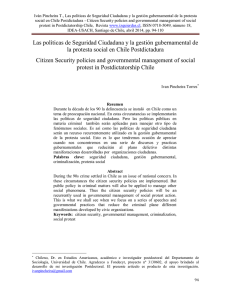This video focuses on various forms of protest that occur across the
Anuncio
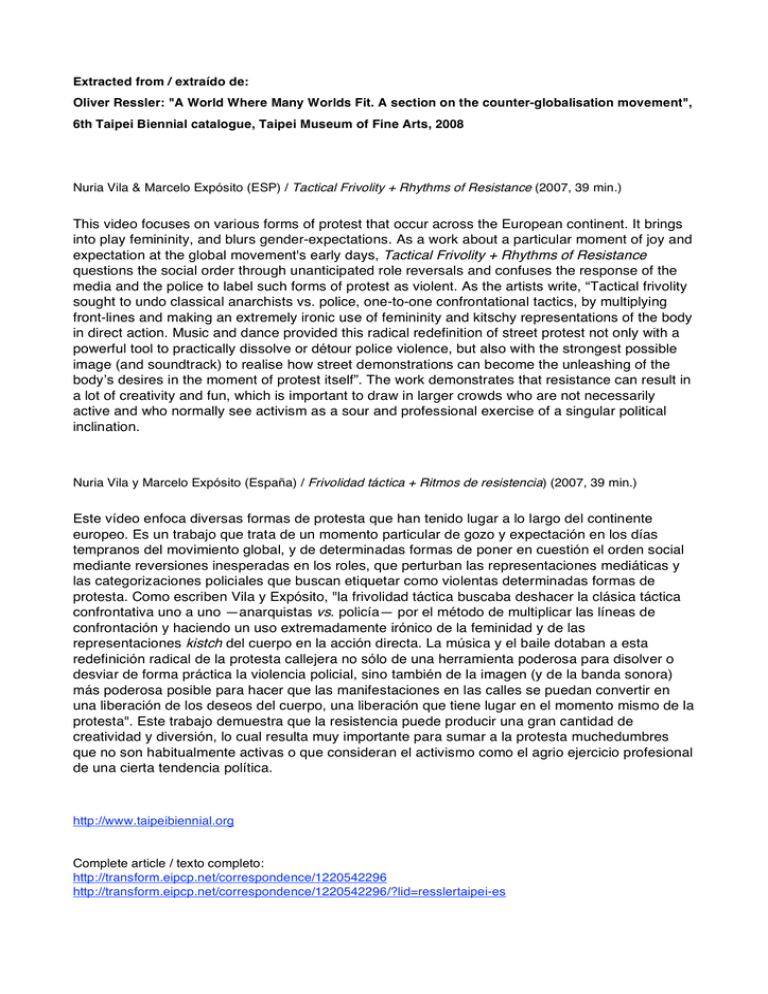
Extracted from / extraído de: Oliver Ressler: "A World Where Many Worlds Fit. A section on the counter-globalisation movement", 6th Taipei Biennial catalogue, Taipei Museum of Fine Arts, 2008 Nuria Vila & Marcelo Expósito (ESP) / Tactical Frivolity + Rhythms of Resistance (2007, 39 min.) This video focuses on various forms of protest that occur across the European continent. It brings into play femininity, and blurs gender-expectations. As a work about a particular moment of joy and expectation at the global movement's early days, Tactical Frivolity + Rhythms of Resistance questions the social order through unanticipated role reversals and confuses the response of the media and the police to label such forms of protest as violent. As the artists write, “Tactical frivolity sought to undo classical anarchists vs. police, one-to-one confrontational tactics, by multiplying front-lines and making an extremely ironic use of femininity and kitschy representations of the body in direct action. Music and dance provided this radical redefinition of street protest not only with a powerful tool to practically dissolve or détour police violence, but also with the strongest possible image (and soundtrack) to realise how street demonstrations can become the unleashing of the body’s desires in the moment of protest itself”. The work demonstrates that resistance can result in a lot of creativity and fun, which is important to draw in larger crowds who are not necessarily active and who normally see activism as a sour and professional exercise of a singular political inclination. Nuria Vila y Marcelo Expósito (España) / Frivolidad táctica + Ritmos de resistencia) (2007, 39 min.) Este vídeo enfoca diversas formas de protesta que han tenido lugar a lo largo del continente europeo. Es un trabajo que trata de un momento particular de gozo y expectación en los días tempranos del movimiento global, y de determinadas formas de poner en cuestión el orden social mediante reversiones inesperadas en los roles, que perturban las representaciones mediáticas y las categorizaciones policiales que buscan etiquetar como violentas determinadas formas de protesta. Como escriben Vila y Expósito, "la frivolidad táctica buscaba deshacer la clásica táctica confrontativa uno a uno —anarquistas vs. policía— por el método de multiplicar las líneas de confrontación y haciendo un uso extremadamente irónico de la feminidad y de las representaciones kistch del cuerpo en la acción directa. La música y el baile dotaban a esta redefinición radical de la protesta callejera no sólo de una herramienta poderosa para disolver o desviar de forma práctica la violencia policial, sino también de la imagen (y de la banda sonora) más poderosa posible para hacer que las manifestaciones en las calles se puedan convertir en una liberación de los deseos del cuerpo, una liberación que tiene lugar en el momento mismo de la protesta". Este trabajo demuestra que la resistencia puede producir una gran cantidad de creatividad y diversión, lo cual resulta muy importante para sumar a la protesta muchedumbres que no son habitualmente activas o que consideran el activismo como el agrio ejercicio profesional de una cierta tendencia política. http://www.taipeibiennial.org Complete article / texto completo: http://transform.eipcp.net/correspondence/1220542296 http://transform.eipcp.net/correspondence/1220542296/?lid=resslertaipei-es
